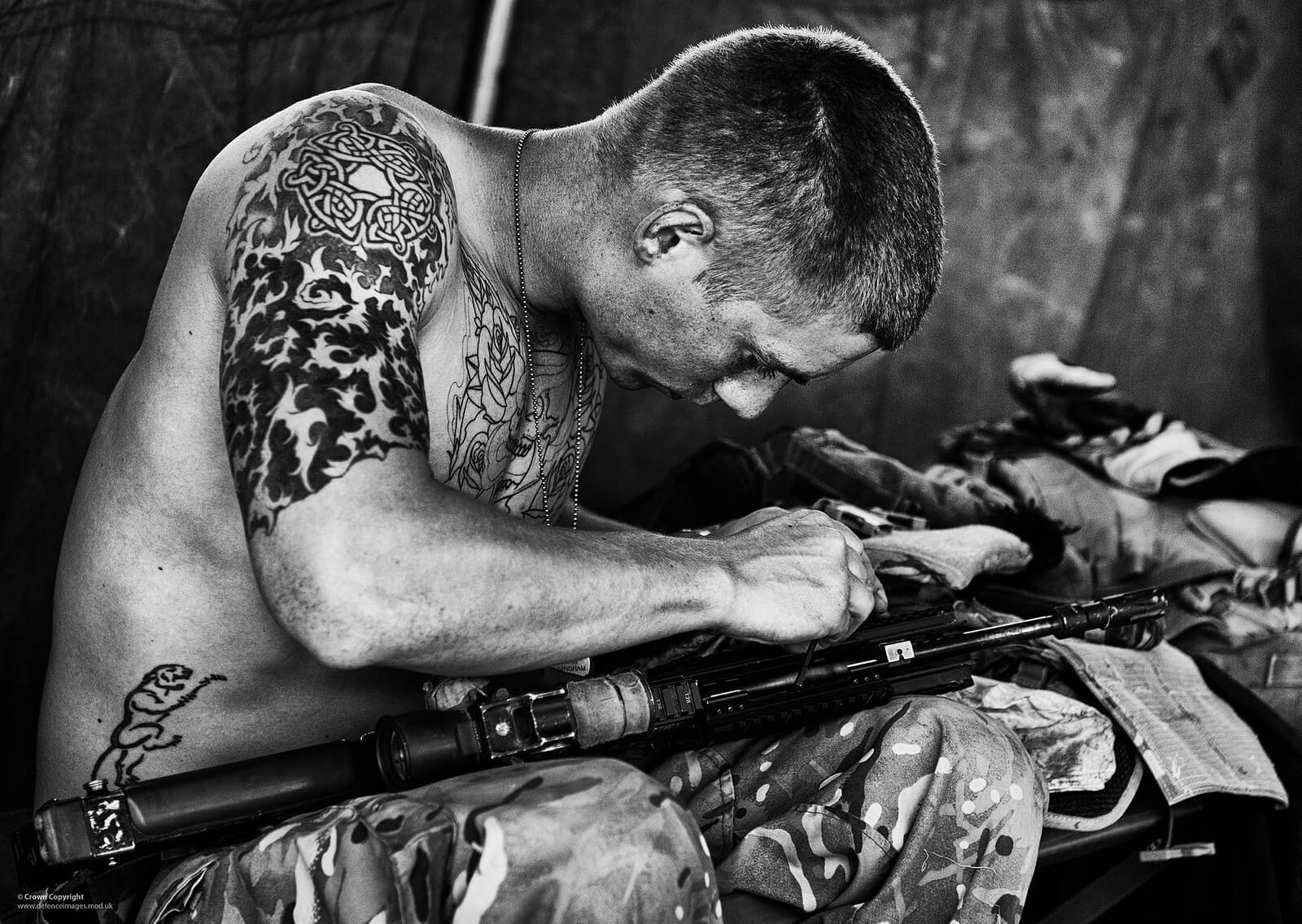Bad boys: Tattoos and soldiers. 14 Feb 2017
It's a bad boy special. We discover if a spell at an army training camp can change the type of woman a man finds most attractive. We also find out what tattoos say about a man's health, masculinity, and perceived parenting ability.
Support me!
Support the podcast on Patreon for as little as $1 and get access to the patron-only feed, including bonus podcasts and blogs not available elsewhere.
Rate me!
Rate, review, or listen in iTunes or in Stitcher.
Read the transcript!
Do Tattoos Make a Man Appear Healthier and More Attractive?
Army Training Skews Face Preferences

Can army training affect what kind of women men are attracted to? And do tattoos make a man seem healthier and hotter? Defence Images/Flickr
The articles covered in the show:
Batres, C., & Perrett, D. I. (2016). How the harsh environment of an army training camp changes human (Homo sapiens) facial preferences. Ethology. Read summary
Galbarczyk, A., & Ziomkiewicz, A. (2017). Tattooed men: Healthy bad boys and good-looking competitors. Personality and Individual Differences, 106. Read summary







Did the study really say that men's baseline preference was for women who are slightly underweight? How does that make biological sense given that underweight women can have fertility problems?
ReplyDeleteThanks for the comment. There are a few possibilities. The first is that men's preferences are maladaptive: we evolved to prefer women with cues to good fertility, but changes in our environment and culture have altered our preferences so now they don't work as they should. Another is that the boundaries between underweight, normal weight, and overweight are to some extent arbitrary (whoever invented these guidelines had to put boundaries somewhere, but any boundary will be subjective). Also, the faces used as stimuli in this study were not of people who actually differed in weight. Instead, they were computer manipulations of faces based on the differences between heavy and light people. There are good reasons for doing it this way, but it does mean that talking of over- or underweight stimuli doesn't feel 100% accurate to me. This is a complicated issue, and I chose not to go into too much depth in the podcast, as I thought it wasn't likely everyone would be interested.
ReplyDelete